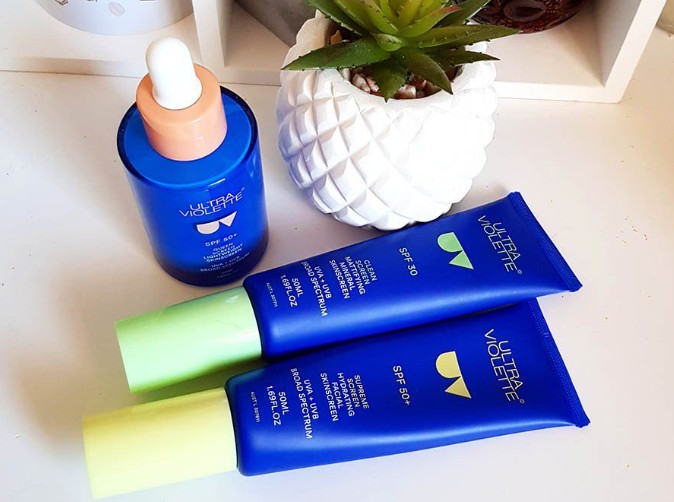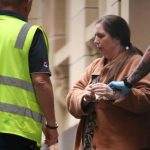Australia’s Sunscreen Scandal Shocks the Skin Cancer Capital of the World
A major reproach is unfolding in Australia, leaving people across the country stunned. Some of the most trusted sunscreens may not actually protect against dangerous UV rays.
For a nation obsessed with sun safety, this disclosure is deeply worrying. Rach’s story reflects the fears of many. “ I allowed I’d done all the right stuff, and it still happened to me. ”
Growing up, she followed every sun safety rule, from wearing sunscreen religiously to avoiding outdoor conditioning during peak sun hours.
Yet she was diagnosed with skin cancer, and later discovered the sunscreen she trusted could have offered little protection.
The sunscreen tests exposed the problem
In June, Choice Australia released a damning report showing that 16 out of 20 tested sunscreens failed to meet their advertised SPF levels.
The worst pantomime was Ultra Violette’s spare Screen SPF 50, which tested at only SPF 4.
Other brands, including Neutrogena, Banana Boat, Bondi Sands, and the Cancer Council, were also scrutinised but rejected the findings, saying their own tests verified the products’ effectiveness.
The reproach led to product recalls, violent public counterreaction, and a government disquisition into sunscreen safety and regulation.
Deep-rooted Fear of the Sun in Australia
Australia’s relationship with the sun is complicated. Public health Juggernauts like Slip, Slop, Slap have tutored generations to cover themselves, while the country’s high skin cancer rates keep the warnings ever-present.
At the same time, a culture that celebrates bronzed skin has pushed people into taking further pitfalls. With two-thirds of Australians expected to undergo surgery for skin cancer at some stage, the news has hit close to home.
The sunscreen brands under fire
Originally, Ultra Violette defended its product, claiming rigorous testing backed its safety.
Still, after further independent lab results showed inconsistencies, the company recalled the sunscreen and apologised: “We are deeply sorry that one of our products has fallen short of the standards we pride ourselves on and that you have come to expect of us.”
Rach shared how deeply disappointed she felt. She didn’t claim the sunscreen caused her cancer but expressed frustration that the brand continued to sell the product for two months despite knowing about the test failures.
The issue reaches beyond Australia
Experts have made it clear that this scandal is not unique to Australia. Dr Michelle Wong, a cosmetic chemist, said, “It’s definitely not an issue isolated to Australia.”
Many sunscreen brands rely on shared manufacturers and labs across the globe, making this a potential international concern.
Investigations revealed that a single US laboratory had certified many of the problematic products and often reported inflated SPF results. With similar formulas linked to the same manufacturer, the scale of the problem is far from contained.
Australia’s sunscreen regulation is among the strictest in the world, with products classified as medicines rather than cosmetics. Yet, testing methods remain subjective and easily manipulated.
Dr Wong explained that factors like skin texture, tone, and even room lighting can affect test outcomes. She pointed out that rating SPF accurately is challenging and prone to inconsistencies, and that fraud in testing labs has already been exposed in past investigations.
What really matters for sun protection?
Despite the fear, experts urge Australians to focus on proper sunscreen use. Dr Wong referenced a large 1990s clinical trial showing that daily use of SPF 16 sunscreen drastically reduced skin cancer rates.
She stated, “Some of the SPF testing has become more of a marketing exercise than a real reflection of efficacy.”
The key, she says, is applying enough sunscreen, at least a teaspoon per area, and reapplying every two hours, especially after swimming or sweating. Combining sunscreen with protective clothing and seeking shade remains vital.
Choice Australia has called for tighter regulations and immediate product withdrawals where SPF claims are doubtful. “It is clear there is a serious issue in the Australian sunscreen industry that urgently needs to be addressed,” said campaign director Rosie Thomas.
As examinations continue, this reproach serves as a stark memorial consumer trust can be fragile, and safety measures only work when executed. For Australians and people worldwide, staying informed and using sunscreen correctly is more important than ever.






